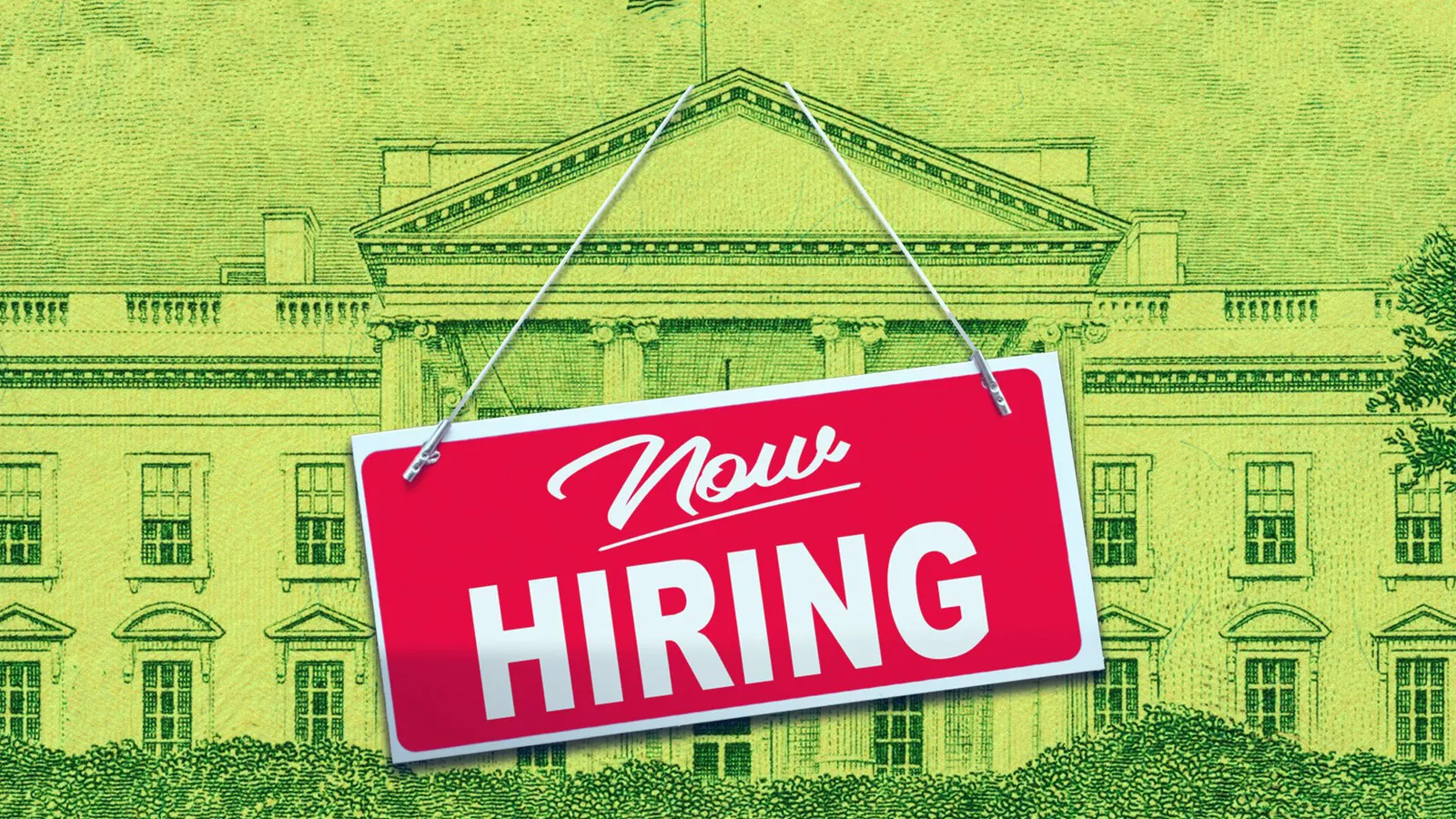As President Trump escalates his rhetoric against the European Union, threatening a staggering 30 percent tariff on imports starting August 1, the ramifications for the U.S. economy loom ominously. This move, which could provoke a tit-for-tat trade war, threatens not only to disrupt trans-Atlantic relations but also to inflict severe financial pain on American consumers and businesses.
Tariffs Are a Hidden Tax on American Families
Tariffs are not just a political tool; they are a direct financial burden on American families. According to U.S. trade statistics, the trade volume with Russia remains minimal, with exports estimated at $526.1 million in 2024. In contrast, the proposed tariffs against the EU, which represents a significant portion of U.S. imports, would amplify costs across essential goods, from automobiles to everyday consumer items.
Impact on Supply Chains and Inflation
The potential for a 30 percent tariff could unravel critical supply chains that have been painstakingly built over decades. Ursula von der Leyen, the President of the European Commission, has warned that such tariffs "would disrupt essential trans-Atlantic supply chains, to the detriment of businesses, consumers, and patients on both sides of the Atlantic." Businesses have already been stockpiling goods to mitigate the impact of tariffs, but this strategy can only last so long before consumers bear the brunt of rising prices.
\n\n
Announcement of the conclusion of negotiations on the Partnership ...
Economic Pain Predicted by Experts
Economists are increasingly concerned that this escalation could lead to stagflation, a situation where inflation rises while economic growth stalls. Eric Winograd, an economist at AllianceBernstein, noted that "the higher that tariffs end up being, the more stagflationary it will be." This scenario is particularly troubling for low-income households, who spend a larger percentage of their income on essential goods. As prices rise, the most vulnerable communities will feel the impact first and hardest.
Political Consequences for the Biden Administration
As tensions rise, the Biden administration faces mounting pressure from both sides of the aisle to respond decisively. A bipartisan group of over 80 senators is proposing severe sanctions aimed at Russia"s energy sector, which would target countries that purchase Russian oil and uranium with penalties as high as 500 percent. This proposed legislation indicates a broader consensus on the need for accountability but raises questions on how the U.S. can balance its economic interests without further antagonizing its allies.
\n\n
Biden turns to experienced hands for White House economic team
Environmental Justice at the Forefront of Economic Decisions
The potential fallout from these tariffs also intersects with environmental justice issues. Tariffs can disproportionately impact marginalized communities, who often lack the financial cushion to absorb rising costs. Additionally, as reported by experts on sanctions, targeting Russia"s energy sector could have ramifications for global energy prices, which are already volatile. The executive decisions made in this climate crisis must prioritize the health and welfare of communities that have historically borne the brunt of environmental degradation and economic instability.
As the clock ticks down to the August 1 deadline, the stakes are high. The potential for economic disruption is not merely an abstract concern—it"s a lived reality for millions of Americans who are already grappling with the challenges of inflation and stagnant wages. Trump"s latest tariff threats may be a political gambit, but the consequences could be devastating for those already struggling to make ends meet.



![[Video] Gunfire between Iraqi security forces and Sadr militias in Baghdad](/_next/image?url=%2Fapi%2Fimage%2Fthumbnails%2Fthumbnail-1768343508874-4redb-thumbnail.jpg&w=3840&q=75)
